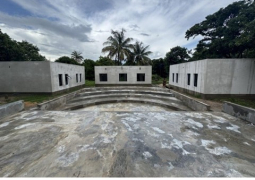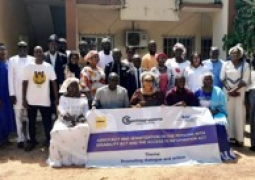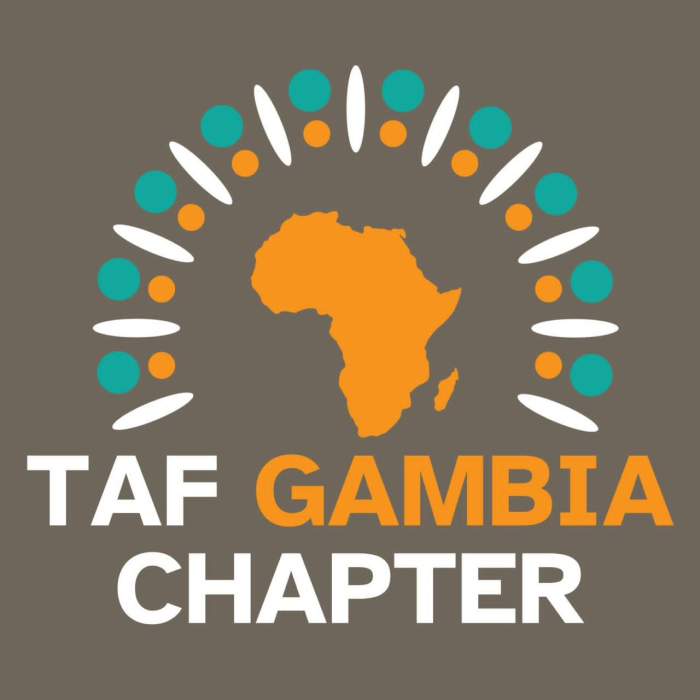
At the event, Ndella Faye Colley, Executive Director of ActionAid International The Gambia, reminded that the country can’t continue to spend millions on chemical fertilisers when organic alternatives exist locally.
“For years, Gambia’s agricultural sector has relied heavily on chemical fertilizer, an approach that many argue has improved yields in the short term but degraded soil health and trapped farmers in cycles of dependency.”
According to ActionAid, the government spent over D393 million in 2024 and D937 million in 2025 on chemical fertiliser alone.
“We are not asking government to stop chemical fertiliser imports,” said Faye Colley, “but to allocate 30% of that budget to organic fertiliser production and support agroecology. Farmers need options, and we can’t keep ignoring the health of our soil and our people.”
Besides, recent research by ActionAid alongside its partners, highlighted a glaring inequality from unequal access, farming inputs to gender disparities in support systems.
Yet, as Faye noted, “it’s not all grim, recalling that across rural Gambia, community gardens in NBR and CRR are already thriving on organic compost, with women farmers leading the change.
“Agroecology is not a trend, it’s a transformation,” she declared.
“It’s about restoring the balance between people and nature, ensuring that agriculture nourishes both the land and the lives that depend on it.”
Dr. Demba Sabally, minister for Agriculture, acknowledged the urgency of the call, pointing out that agroecology is not an option. “It is a necessity.”
He reaffirmed government’s commitment to the development of the sector, revealing that the National Fertiliser Policy (2023–2032) already prioritises organic and bio-fertiliser production.
To this end, Minister Sabally spoke of plans underway to procure 5,000 metric tonnes of organic fertiliser for the next farming season all to be distributed free to farmers.
“The government of The Gambia remains fully committed to supporting this transition,” Dr. Sabally assured.
“We are building a food system that is just, regenerative, and rooted in the wisdom of our communities.”
EcoSoil Africa’s Executive Director, Momar Taal, whose company is pioneering local organic fertiliser production, highlighted how the Russia-Ukraine war exposed Gambia’s vulnerability.
“When fertilizer prices quadrupled, farmers couldn’t buy. Crops failed. Inflation rose. A conflict thousands of miles away crippled our food system.” he said.
He maintained that reliance on imported chemical inputs is a national risk.
“If we can produce organic fertiliser here at home, why should a crisis abroad determine what our farmers can grow?” he asked.
He said that his company, in partnership with the government, has already distributed 3,000 tonnes of organic fertiliser across the country, a move he described as “proof that local solutions work.”
Jean Pierre Kouamin, Country Director of SOS Children’s Village, also expressed solidarity with the push for agroecology, underscoring its role in fostering sustainable development.
The forum brought together stakeholders to discuss actionable steps toward a greener agricultural future. It also underscored the urgent need for policy reforms to support agroecology, with speakers highlighting its potential to address climate challenges, improve livelihoods, and ensure food security.
Read Other Articles In National News
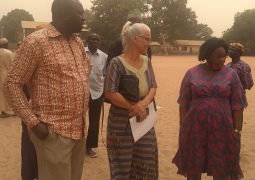
MoBSE officials visit post-Covid-19 MRC-Holland Foundation renovation sites
Jun 23, 2020, 11:58 AM
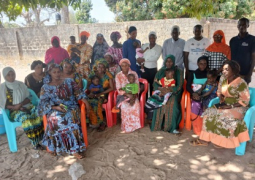
Ding-Ding Yiriwa Federation trains women on formular production
Feb 24, 2025, 12:13 PM
